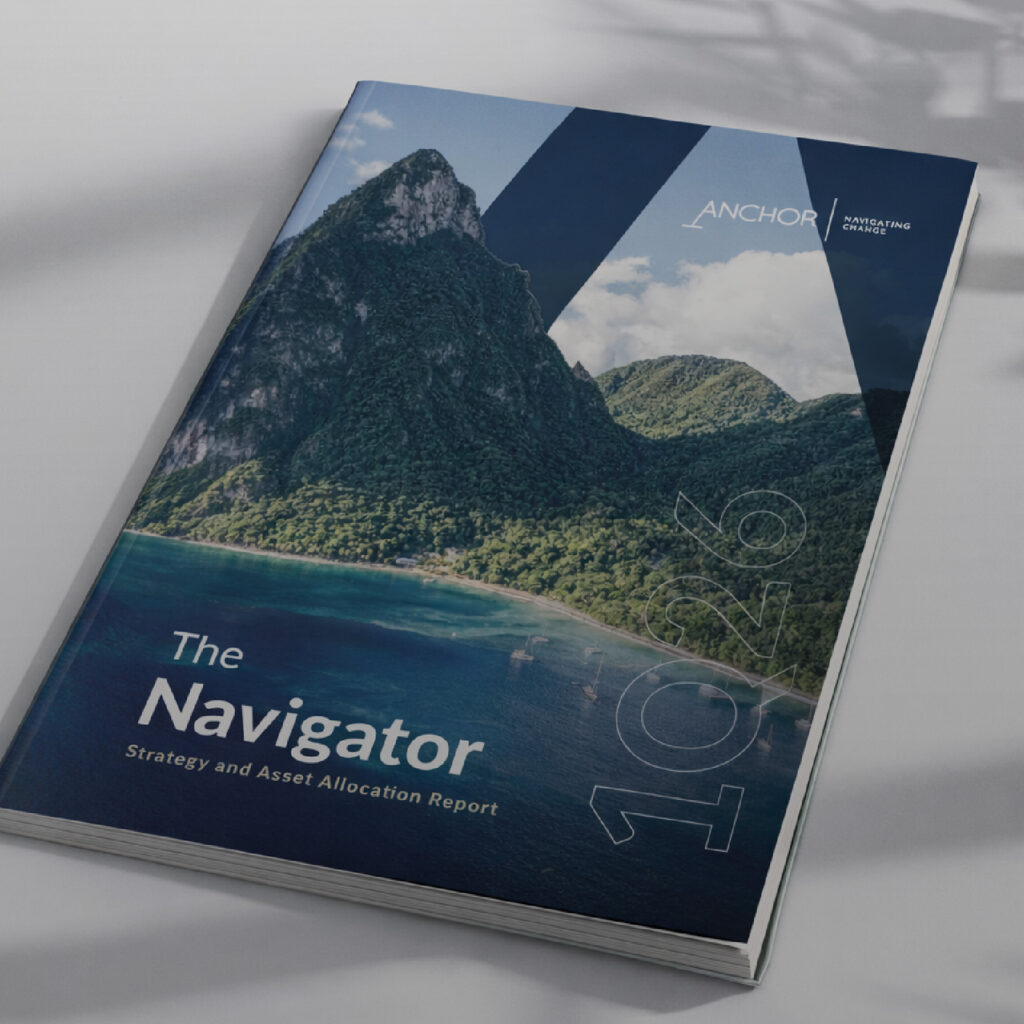An antitrust lawsuit against Apple, to determine whether it created a monopoly by only allowing apps to be sold through its first-party App Store, started in the US Supreme Court this week. 9 to 5 Mac reports that the lawsuit also claims that the App Store charges excessive 30% commissions, which generated an estimated $11bn in revenue for Apple in 2017. Apple argues that it’s only acting as an agent for developers who sell to consumers via the App Store, not a distributor. If successful, the lawsuit could force Apple to cut the 30% commission it charges software developers whose apps are sold exclusively through the App Store. A judge could also triple the compensation to consumers under antitrust law if Apple ultimately loses, according to a report in The New York Post. The lawsuit also accuses Apple of exerting a lot of control over the process, including a requirement that prices end in .99 and that iPhone apps are only available through the App Store. The issue for the Supreme Court to decide is whether Apple can even be sued about the apps, given prior high court rulings in antitrust cases where justices have said there must be a direct relationship between the seller and a party complaining about unfair, anti-competitive pricing.
The Supreme Court could take months to issue a ruling as to whether the suit can continue or end, but the former is likely to be more damaging to both Apple and the tech industry in general. If the lawsuit continues and Apple ends up losing it could open up Apple to further litigation from consumers unhappy with app prices and other elements of the App Store, as well as for other companies such as Google and Amazon, who operate their own app markets, according to an Apple Insider report. The Trump administration is reportedly backing Apple at the high court.
Speaking of the Trump administration, Trump said in an interview with The Wall Street Journal this week that he could put a 10% tariff on iPhones and Chinese electronic goods. Apple manufactures most of its products in China and had previously expressed concern that the Apple Watch, AirPods, etc. might be affected by a round of tariffs on Chinese goods. However, when a final list was released in September, Apple’s products were spared.
Yesterday, UBS reacted to Trump’s comments saying that the threat could be a “negotiating tactic ahead of the G20 Summit later this week”, where Trump is scheduled to meet with the Chinese leader on the sidelines of the summit. UBS estimates that the tariff, if implemented, would represent a $1.5bn hit to Apple’s earnings and if Trump raised the rate to 25% (as he has threatened) the impact would be c. $3.8bn or $0.83 in EPS.




